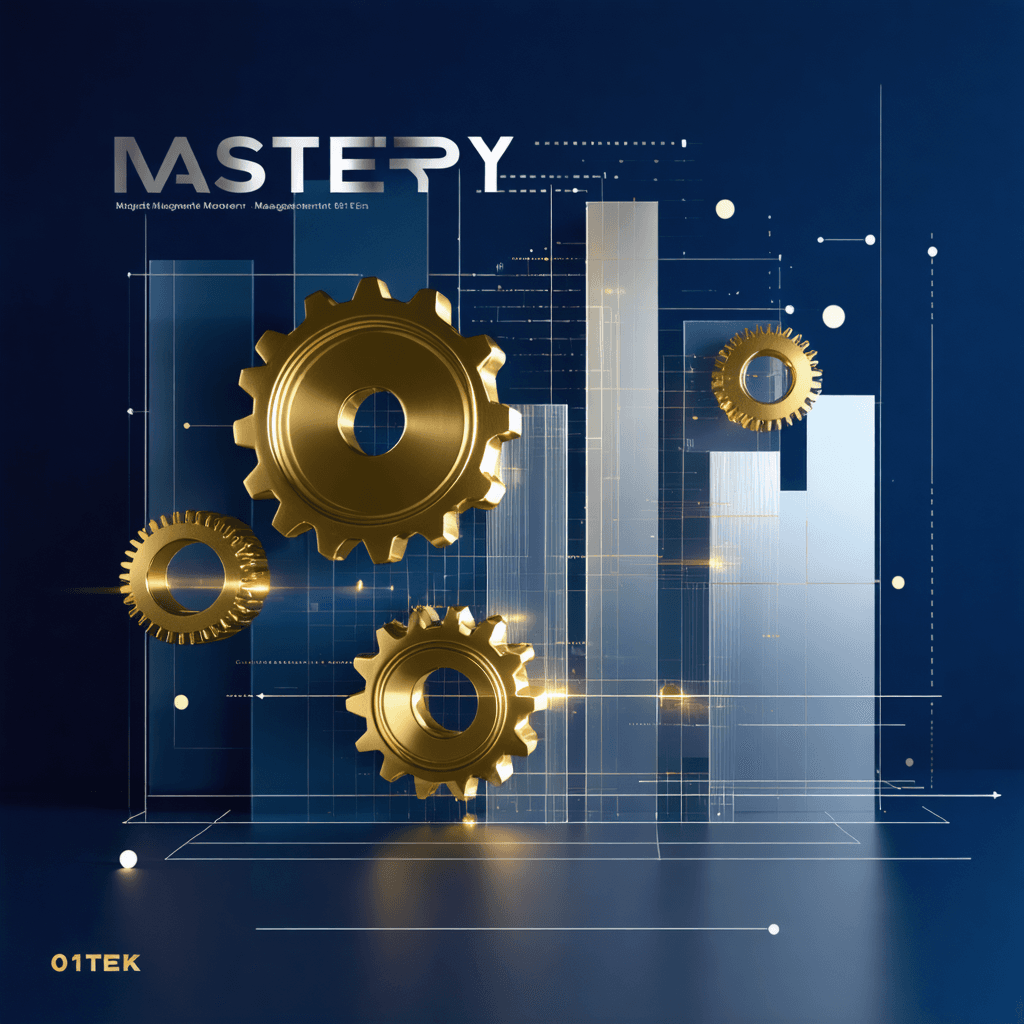Project Management Mastery: 7 Game-Changing Methodologies That Drive Success
In today's fast-paced business environment, mastering project management methodologies is crucial for delivering successful outcomes. Whether you're leading a small team or managing enterprise-level initiatives, understanding and implementing the right methodology can make the difference between project success and failure. Let's explore seven powerful project management approaches that are revolutionizing how teams work and deliver results.
1. Agile Project Management
Agile has transformed from a software development methodology to a universal approach for managing complex projects across industries. This iterative methodology emphasizes flexibility, continuous improvement, and customer satisfaction.
Key Features:
- Sprint-based delivery cycles
- Daily stand-up meetings
- Regular feedback loops
- Adaptive planning
- Cross-functional teams
Agile's strength lies in its ability to respond to change quickly while maintaining productivity. Teams working in dynamic environments particularly benefit from this methodology's emphasis on collaboration and adaptability.
2. Scrum Framework
As the most popular Agile framework, Scrum provides a structured yet flexible approach to project management. Its time-boxed iterations and defined roles make it especially effective for complex product development.
Core Components:
- Sprint planning
- Daily Scrums
- Sprint reviews
- Sprint retrospectives
- Product backlogs
Organizations implementing Scrum report up to 40% higher productivity and significantly improved project visibility compared to traditional methods.
3. Lean Project Management
Derived from Toyota's manufacturing principles, Lean project management focuses on maximizing value while minimizing waste. This methodology has proven particularly effective in both manufacturing and service industries.
Main Principles:
- Eliminate waste
- Build quality in
- Create knowledge
- Defer commitment
- Deliver fast
- Respect people
- Optimize the whole
Lean thinking helps teams identify and eliminate non-value-adding activities, resulting in streamlined processes and improved efficiency.
4. Six Sigma
Six Sigma's data-driven approach to process improvement has revolutionized quality management in project delivery. This methodology focuses on reducing defects and variations in processes.
DMAIC Framework:
- Define
- Measure
- Analyze
- Improve
- Control
Organizations implementing Six Sigma have reported up to 99.99966% defect-free processes, leading to significant cost savings and improved customer satisfaction.
5. Waterfall Methodology
Despite the rise of Agile, the Waterfall methodology remains relevant for projects with well-defined requirements and deliverables. Its linear, sequential approach provides clear structure and documentation.
Sequential Phases:
- Requirements gathering
- System design
- Implementation
- Testing
- Deployment
- Maintenance
Waterfall excels in projects where changes are costly and requirements are unlikely to change significantly during development.
6. PRINCE2 (Projects IN Controlled Environments)
PRINCE2 offers a structured approach to project management that's particularly popular in government and large organizations. This methodology emphasizes project justification, organization, and risk management.
Key Principles:
- Continued business justification
- Learn from experience
- Defined roles and responsibilities
- Manage by stages
- Manage by exception
- Focus on products
- Tailor to environment
PRINCE2's systematic approach helps organizations maintain consistent project delivery standards across different initiatives.
7. Hybrid Methodology
Modern project management often requires combining different methodologies to address complex project requirements. Hybrid approaches allow organizations to leverage the strengths of multiple frameworks while mitigating their weaknesses.
Benefits of Hybrid Approaches:
- Increased flexibility
- Better risk management
- Improved stakeholder satisfaction
- Enhanced adaptability
- Optimized resource utilization
Organizations using hybrid methodologies report better project outcomes and increased ability to handle diverse project types.
Best Practices for Implementation
Regardless of the chosen methodology, successful implementation requires:
- Clear Communication: Establish transparent communication channels and expectations
- Stakeholder Engagement: Involve key stakeholders throughout the project lifecycle
- Continuous Learning: Invest in team training and development
- Tool Integration: Utilize appropriate project management tools and software
- Regular Assessment: Monitor and adjust processes based on performance metrics
The Path Forward
Selecting the right project management methodology depends on various factors:
- Project size and complexity
- Team capabilities
- Organizational culture
- Industry requirements
- Client preferences
The key is to understand each methodology's strengths and limitations, then adapt them to your specific context.
Ready to elevate your project management skills? 01TEK offers comprehensive training programs and resources designed to help you master these methodologies and drive project success. Our expert-led courses combine theoretical knowledge with practical applications, ensuring you're well-equipped to handle real-world project challenges.
Discover Our Project Management Courses →
Transform your project management approach and deliver exceptional results with 01TEK's professional development programs. Contact us today to learn more about our specialized training options and take the first step toward project management excellence.
Remember: The most successful project managers are those who never stop learning and adapting. Start your journey to project management mastery with 01TEK today.
The future belongs to those who believe in the beauty of their dreams.
Eleanor Roosevelt



